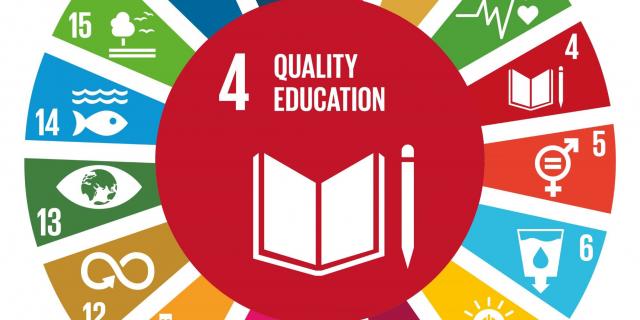One of the specific dimensions of social inclusion is access to quality education. This is the reason why the education sector is mentioned multiple times across the Regional Agenda for Inclusive Social Development, called to be one of the most important enablers for change in people’s lives.
This discussion focuses on how to promote inclusive and equitable quality education and lifelong learning opportunities for all, as an essential means for inclusive participation and integration in society, thus building a community of practitioners from multiple countries to collaborate with, exchange views and perspectives.

Commentaries
Hi everyone!
As an initial context for the discussion, I would like to point that the Regional Agenda for Inclusive Social Development mentions education in at least 10 of its 55 lines of action, which highlights the key role that this sector may play on achieving inclusive social development:
A lot to discuss!